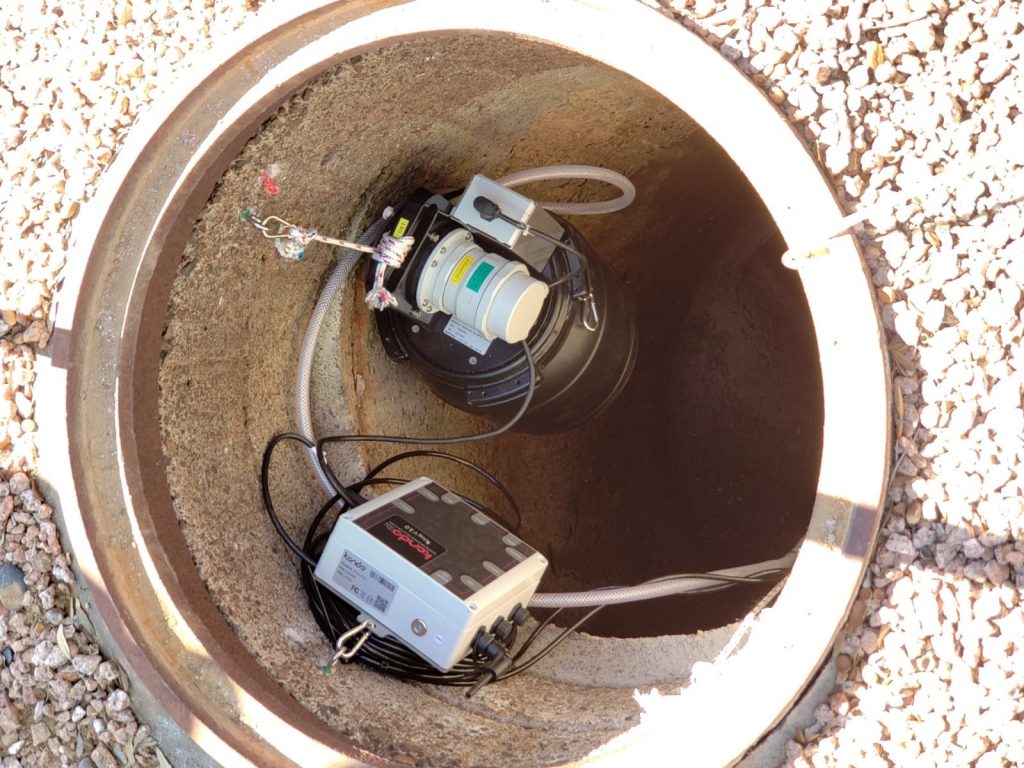Kando, the Israeli startup that detects pollution in the world’s largest city sewage system, has launched a pilot project with the Technion – Israel Institute and the Ben Gurion University of the Negev in the southern coastal city of Ashkelon, to detect traces of the novel coronavirus in feces.
Founded in 2011, Kando is using IoT, original algorithms and artificial intelligence technologies to enable wastewater utilities to detect pollution anomalies and blockages in real-time in order to keep the world’s sewage systems hygienic and working.
Kando allows experts to pinpoint specific areas affected by the SARS-CoV-2 virus, enabling responses and potentially avoiding total lockdown in the event of a second wave of the coronavirus in Israel. With an innovative method for upstream detection, from the wastewater facility towards the city itself, Kando is able to narrow down its measurements to neighborhoods and city streets.
Ashkelon is the site of one of Israel’s coronavirus hotels, a paid lodging establishment converted to host patients who tested positive for COVID-19 so that they don’t spread the virus. Since Kando has this known parameter, the number of COVID-19 patients in the hotel, it can compare its measurements of the virus’ RNA in sewage against the number of known cases in order to calibrate its algorithms for future measurements.
Kando’s tech aims to work in any city with unknown concentrations of COVID-19 patients to pinpoint hotspots. The company says in a statement that they are “eager” to roll out its system to as many cities as possible.
Related posts

Israeli AI Safety Tool Among TIME’S Best Inventions For 2024

TAU Team Discovers Mechanism To Eliminate Cancerous Tumors

Ashdod Port Investing In Startups As Part Of Innovation Strategy




Facebook comments